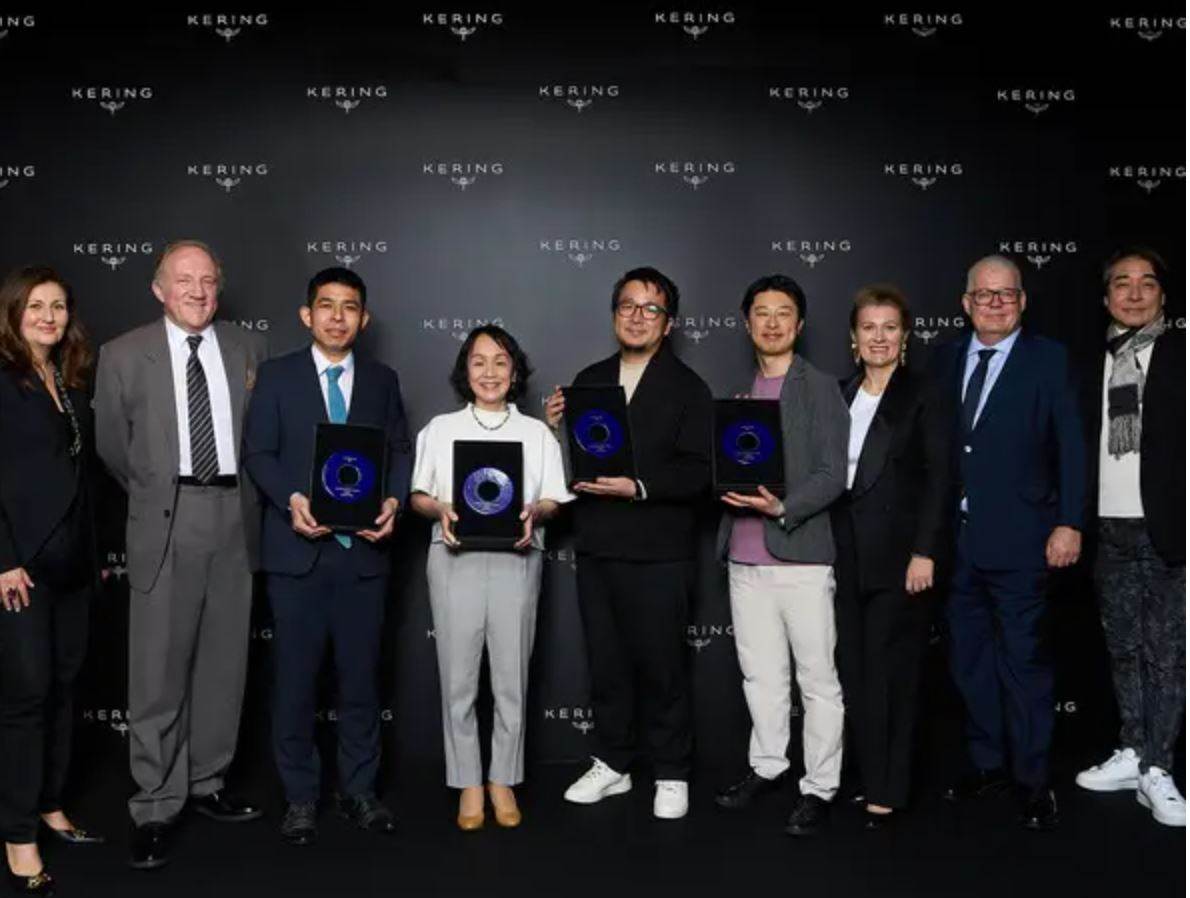Bio-indigo start-up scoops Kering award in Japan

Alternative materials start-ups featured prominently in the first Kering Generation Award X Japan, with a bio-indigo technology receiving a special award.
Micro Bio Factory claims its biomass-derived raw materials can tackle environmental challenges in Japan’s denim industry and judges said they were impressed by work the start-up has carried out to develop bio-indigo technology.
Amphico’s success is the result of a PFAS-free, breathable, waterproof textile material it has developed, and of a dyeing technique that captured the attention of judges. It uses an algorithm to create more than 1,000 colours using just six threads.
Third prize at the awards went to Algal Bio, which, after 20 years’ research on Japan’s marine algae, has developed methods of developing applications for fashion and other sectors for algae. These raw materials offer high levels of CO2 fixation and natural pigments that can provide UV protection in clothing.
Fermenstation, a company that produces aromatic essences from food waste, emerged as the overall winner.
François-Henri Pinault, chairman and CEO of Kering, said: "We strongly believe that innovation is essential as luxury transitions to a more sustainable model, and through the Kering Generation Award, we aim to promote ideas and solutions that contribute to a new paradigm in the fashion industry."
Image: Raffaella Cornaggia (CEO, Kering Beauté), Francois-Henri Pinault (Chairman and CEO, Kering), Masashi Shimizu (CEO, Micro Bio Factory), Lina Sakai (CEO and founder, Fermenstation), Kotaro Oda (team leader, Algal Bio), Jun Kamei (CEO, Amphico), Marie-Claire Daveu (chief sustainability and institutional affairs officer, Kering), Thierry Marty (North and Southeast Asia Pacific president, Kering), Tak Umezawa (Chairperson, CIC Japan)










